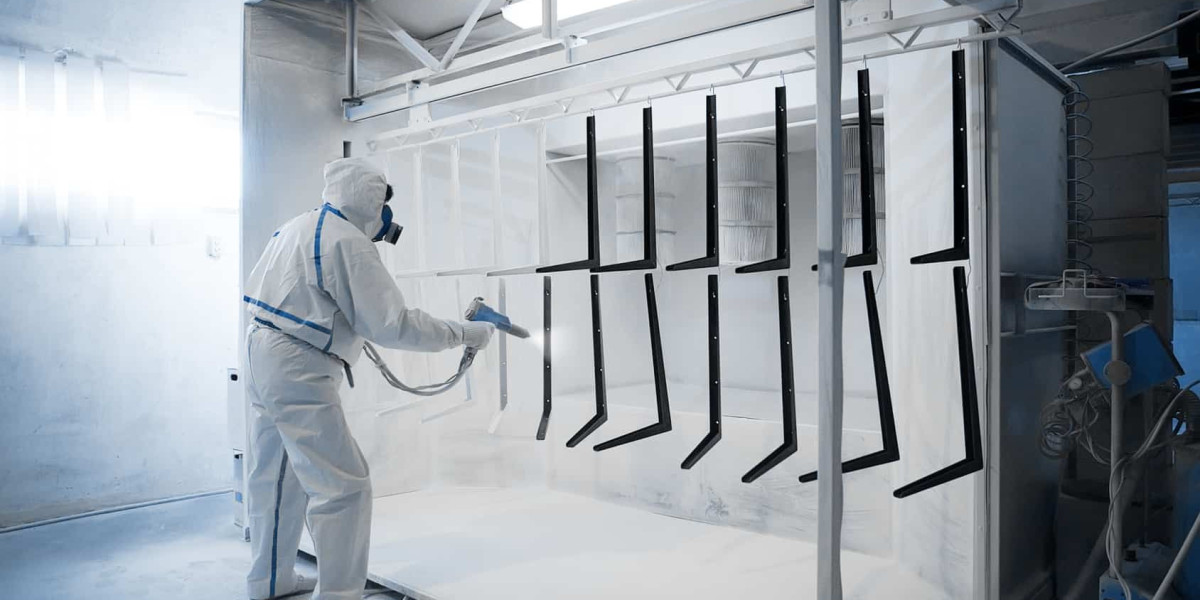The increasing demand for renewable energy sources to mitigate climate change has spurred the growth of the thermal spray coatings industry. Thermal spray coatings offer essential protection for critical components in renewable energy plants, such as wind turbines and shafts, enhancing their durability and contributing to sustainable energy generation.
Understanding Thermal Spray Coatings
Thermal spray coatings involve heating materials to a molten or semi-molten state and then spraying them onto a prepared surface. The particles bond to the substrate, forming a protective layer. This process offers numerous advantages, including:
- Corrosion Resistance: Thermal spray coatings can provide exceptional resistance to corrosion, making them ideal for applications in harsh environments.
- Wear Resistance: These coatings can significantly improve the wear resistance of components, extending their lifespan and reducing maintenance costs.
- Heat Resistance: Thermal spray coatings can offer excellent heat resistance, protecting components from high-temperature environments.
- Thermal Insulation: Certain coatings can provide thermal insulation, helping to conserve energy and improve efficiency.
- Electrical Insulation: Some coatings can act as electrical insulators, preventing short circuits and enhancing safety.
Applications Across Industries
Thermal spray coatings have found wide-ranging applications in various industries, including:
- Aerospace: Coatings are used to protect aircraft components from corrosion, wear, and high temperatures.
- Automotive: Coatings are applied to engine components, exhaust systems, and other parts to enhance durability and performance.
- Energy: Coatings are used in power generation, oil and gas, and renewable energy sectors to protect equipment from corrosion and high temperatures.
- Medical: Coatings are used in medical devices to improve biocompatibility, wear resistance, and corrosion resistance.
- Industrial: Coatings are applied to machinery, tools, and other components to enhance their performance and lifespan.
Market Size, Trends and Innovations
The global thermal spray coatings market was valued at USD 10.4 billion in 2023 and is projected to reach USD 14.3 billion by 2028, growing at 6.5% cagr from 2023 to 2028. The thermal spray coatings market is experiencing significant growth, driven by factors such as increasing industrialization, rising demand for durable and corrosion-resistant coatings, and advancements in coating technologies. Key trends shaping the market include:
- Nanotechnology: The use of nanotechnology is enabling the development of coatings with enhanced properties, such as improved wear resistance, corrosion resistance, and thermal insulation.
- Plasma Spraying: Plasma spraying is a popular technique that allows for the deposition of a wide range of materials, including ceramics, metals, and composites.
- Laser Cladding: This process involves using a laser beam to melt a filler material and deposit it onto a substrate, creating a strong and durable coating.
- Hybrid Coatings: Combining different coating techniques and materials can create hybrid coatings with tailored properties to meet specific application requirements.
- Sustainability: There is a growing focus on developing sustainable thermal spray coatings that minimize environmental impact and promote energy efficiency.
Challenges and Opportunities
Despite its numerous benefits, the thermal spray coatings industry faces certain challenges, including:
- Cost: The initial cost of applying thermal spray coatings can be relatively high.
- Complexity: The process can be complex, requiring specialized equipment and skilled technicians.
- Environmental Concerns: Some coating materials and processes can have environmental implications.
The healthcare industry's increasing adoption of thermal spray coatings can be attributed to several driving factors that significantly enhance the performance and safety of medical devices and equipment. One primary factor is the improvement in biocompatibility achieved through these coatings, reducing the risk of adverse reactions and facilitating better integration with the human body when used in medical implants and devices. Moreover, thermal spray coatings offer extended device lifespan by increasing their durability and wear resistance, resulting in longer-lasting and more reliable products. Infection control is another crucial factor, as some thermal spray coatings exhibit antimicrobial properties, helping to minimize the risk of healthcare-associated infections. Thus, the increasing demand for the healthcare industry is expected to enhance the market for thermal spray coatings during the forecast period.








